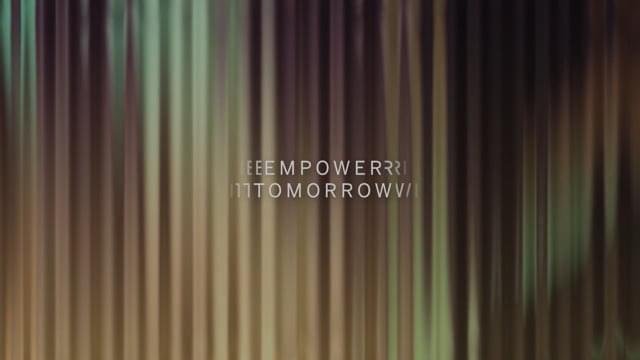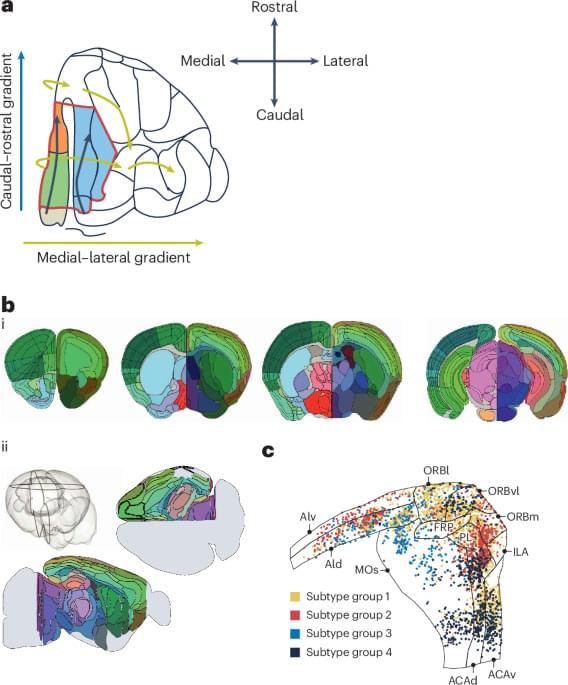“This moves the conversation beyond anecdotes and self-reports to real-world behavior,” said Dr. Jason Nagata.
How much time during school hours do teens spend on social media? This is what a recent study published in JAMA hopes to address as a team of researchers investigated connections between adolescent phone use during school. This study has the potential to help researchers, academic administrators, students, and parents become aware of the connections between adolescent phone use and all-around health.
For the study, the researchers analyzed data regarding smartphone app usage during school hours from 640 adolescents aged 13–18 through software installed on their phones that was approved by all participants and their parents. The goal of the study was to ascertain phone app usage during school hours, with data being obtained from September 2022 to May 2024. In the end, the researchers found that teens spent about 1.16 hours each school day on smartphones, mostly using social media apps, with higher use among older students and those from underprivileged households.






